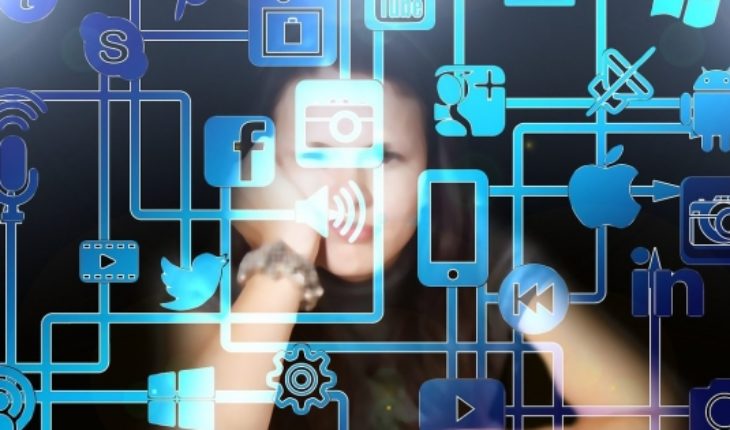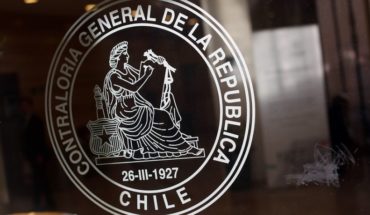observable socio-cultural chaos in these times is the emergence of a new social order. Everything in the middle of the permanent economic crisis, particularly for the poorest (third age); in an atmosphere of disparagement of a cynical policy; a culture kidnapped by materialism political, economic and spiritual; Ethics stressed between two extremes equally harmful to the quality of life for people where the nihilism – which is the negation of any belief or any moral, religious, political or social principle – and hedonism – characterized by an ethic that identifies the with pleasure, especially with immediate and sensory pleasure – well, that lifts in a model of radical materialism, with all ends, diversions and corruption that we are seeing in our country and Latin America.
We have characterized this environment as the society of disdain, a friendly looking contemptuously overlap all that which does not affect him directly. Corruption and materialism appear to be intrinsic to the model, they will spread like a virus on society: politics, religion, business, trade, military, police, justice, basic services, Sename, among many others. All crowned with an Association of crime and drug trafficking that seem out of control in the country, to indolence and incapacity of our institutions which seems stunned reaction.
This scornful emotionality in the social fields affects the coexistence with a sense of humanity, which only altered by episodes such as humanitarian disasters, which serve to provoke a breakdown, in the permanent emotional manipulation that they perform media at its audience-marketing logic and that will spread to social networks, hiding as much or more urgent issues. Meanwhile, the politicians are displaced from public spaces and television – replaced by the entertainment-held in the party rooms and spaces of comfort.
In Chile, civil society more quickly adapts to the virtuality which enables the digital society, while public administration has been stagnant, no initiative, speech or actors on the issue. The Internet has become the most important Agora in the world, with extensive digital democracy. Prevents third-party editing and begin to manage their own truths, grouped in autonomous spaces projecting their emergency room into public spaces, at a level of horizontal with the political, economic, religious, and spiritual authority. The emergence of the Internet is the collapse of the walls. Abusers, interest groups and corrupt person exposed, their privileges fall along with the megarelatos: ideological, cultural, spiritual, political, social. The new players are unaware of the representativeness of political parties and repudiate their role as Trustees of the economic power that the extreme liberalism relegates them. This new civil society is wary of the role that media have exerted, recognized the power of social networks, not delivery license social nor recognizes the current leadership or the current formal organizations in the political, religious and spiritual, that not even they understand the dynamics of these new processes.
The netocracy embodying new players is oriented by trial and error. In participatory and broad discussions on the social networks they trace the contours of the new forms of leadership and the emergence of a new elite. Citizens each day with greater independence and autonomy pose a project in full sync with their emergency and dolores, expressing their real demands. Make history in their mobilizations against a stunned elite. That’s the dynamic that we have seen in recent years at global and local levels: from the Arab spring, the crisis in Tunisia, Iceland protests, outraged Spaniards, Chilean penguins, feminist movements, sexual minorities, peoples originally, religious currents, environmental sectors, who every day struggle to impose his truth. The level of exposure and notoriety has to do with the capacity of mobilization and clarity to achieve harmony and synchrony with a speech, rather than the real urgency. The less adapted to the digital society, those who have less voice, have less capacity to achieve those levels of empathy, exposure and success in their mobilizations.
They are social transformations resulting from the revolution in information technologies and communication, dramatically changing the world we met, profoundly altering social relations, its structure, values, dynamic and forward-looking. Topics to which Chile: its political authorities, intellectuals and academics, the media, seem to not pay greater attention. In my opinion, there are the dysfunctions of adaptability to the digital society.
Poured in this op-ed content is the sole responsibility of the author and do not necessarily reflect the editorial line nor the counter position.





